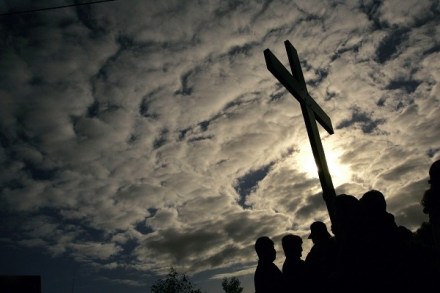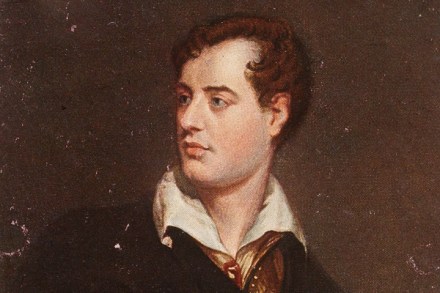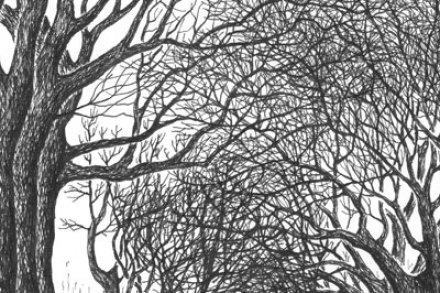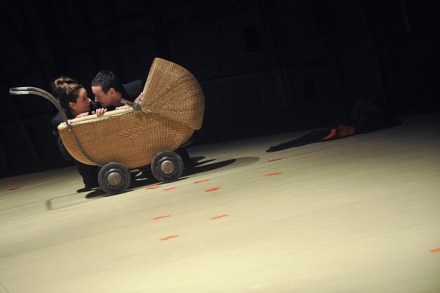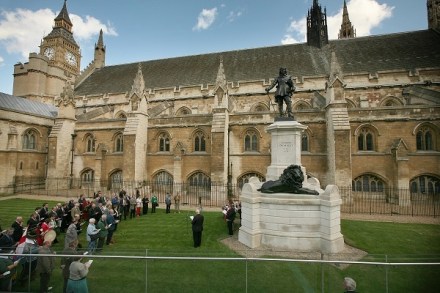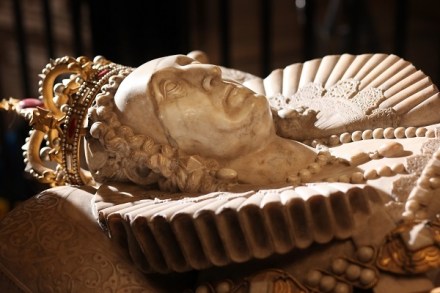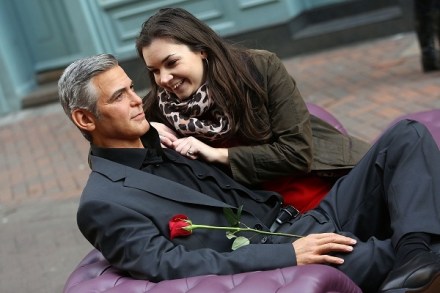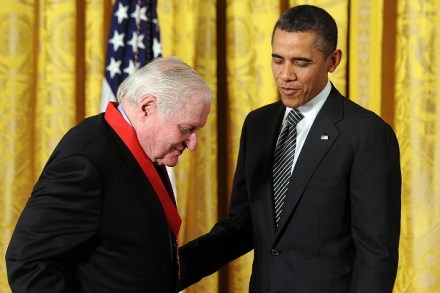To their coy mistresses: two poems about the arts of seduction
Andrew Marvell, from ‘To His Coy Mistress’ But at my back I always hear Times winged chariot hurrying near: And yonder all before us lie Deserts of vast eternity. Thy beauty shall no more be found: Nor, in thy marble vault, shall sound My echoing song. Then worms shall try That long preserved virginity, And your quaint honour turn to dust, And into ashes all my lust. The grave’s a fine and private place, But none I think do there embrace. This is the middle stanza of Marvell’s poem ‘To His Coy Mistress’, which I imagine many will know well. The first stanza begins ‘Had we but world enough and


